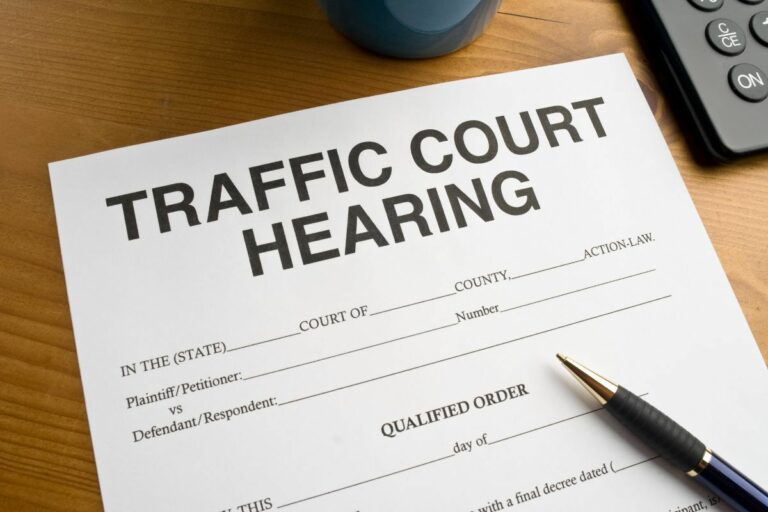Alcohol tests and drivers’ rights
In today\’s politically heated society, controversy over rights on roadways has become an increasingly relevant topic. Injustice and the tension between drivers and police officers takes most of the spotlight, but other issues involving drivers’ rights are a major topic of debate, as well. In California, few drivers know the details of their rights on the road. Even though legal details can become complex, state laws protect drivers from unnecessary searches and other unlawful procedures.
ABC 10 News discusses the recent controversy surrounding a Utah nurse who refused to draw the blood of an unconscious patient, which ultimately brought to attention the disagreement over drivers’ rights in the country. The patient of the nurse had been in a car accident that left another driver dead, but the nurse claimed that, under hospital policy, she was not allowed to take the blood of patients who had been in accidents. To the nation’s shock, the nurse was arrested; debate on the rights of patients and the extent of police intervention has thus taken the media by storm in recent weeks. But what, ABC asks, are drivers’ actual rights when it comes to testing for blood alcohol concentration? The report offers the following points:
- The Fourth Amendment protects citizens from unlawful searches — warrants may only take place upon probable cause
- Any person with a driver’s license must consent in writing to submit a chemical, blood, breath or urine test, but only if under lawful arrest for driving while under the influence (this law is also known as California’s ‘implied consent’ law)
- A driver does have a choice between a blood and breath test, and police are required to notify the driver of this choice
As for the implied consent law, recent Supreme Court rulings have found that drawing blood on a DUI suspect without a warrant is in violation of Fourth Amendment rights.
There may be a number of details to sift through when understanding drivers’ alcohol testing rights, but Findlaw reminds its readers that any refusal of a Breathalyzer test can result in serious consequences. Possible penalties include driver’s license suspension and jail time. Even in cases in which drivers are not under arrest, they may face additional obstacles in court due to police observation at the scene, witness testimony and other situational factors.


